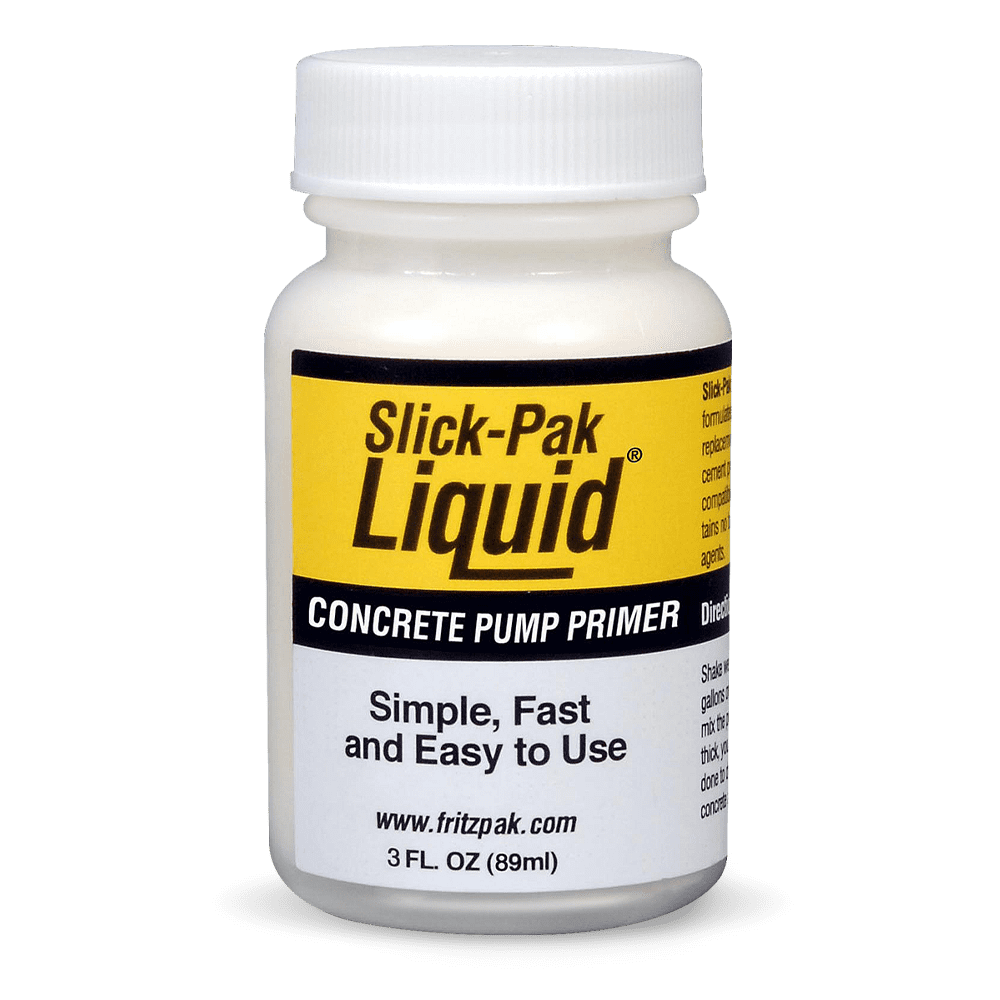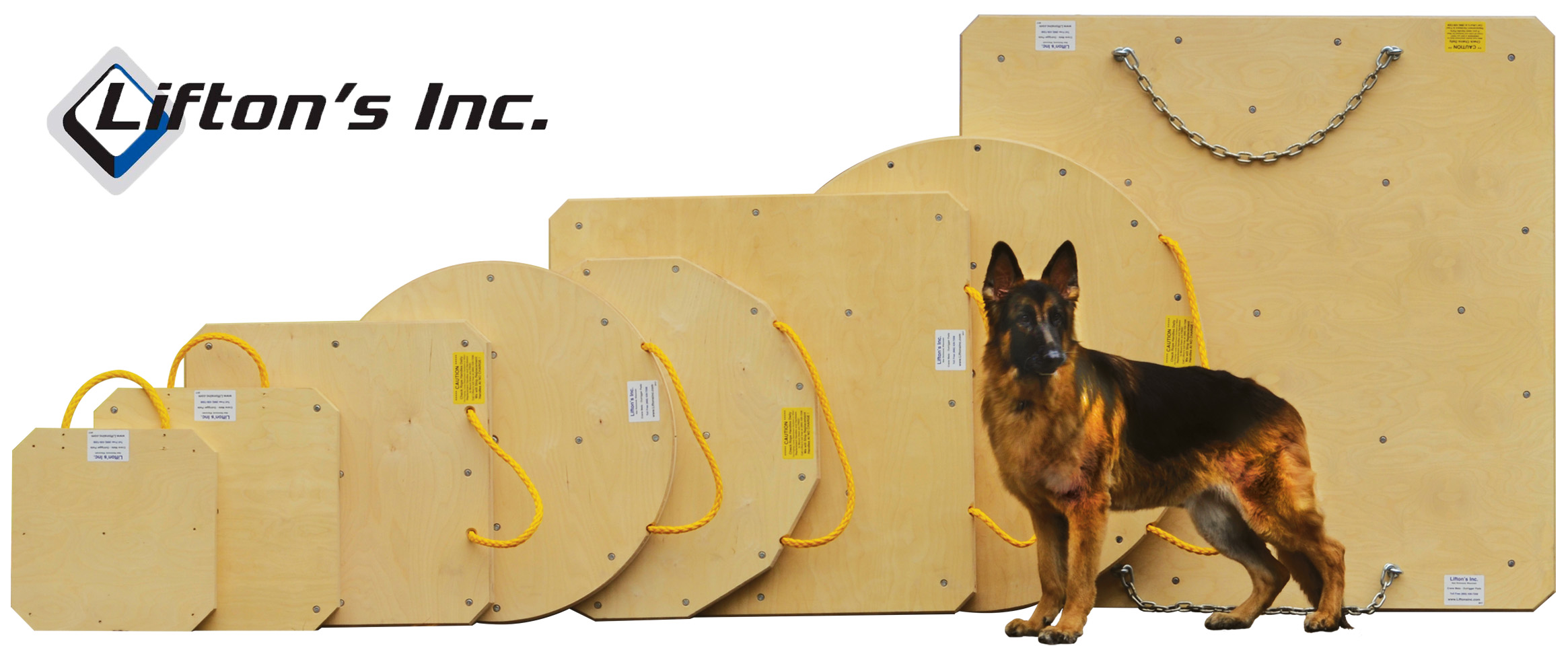Heat Stress June 5, 2009
Safety Reminder
Heat Stress
Summer heat will be here soon, and with it the risk of heat-related illnesses such as:
Heat Rash (plugged sweat glands)
Heat Cramps (Sweating has caused salt loss)
Heat Exhaustion
Heat Stroke (very serious – you can die)
Working in a hot environment puts stress on the body’s cooling system. When your body can’t keep up with the heat, you dehydrate and your temperature rises. The effects of heat can be aggravated by other stresses such as hard physical work, loss of fluids, fatigue or some medical conditions. Heat related illnesses can happen to anyone – even the young and fit. This is especially true early in the season before you get used to the heat. It takes about a week to become acclimatized to the heat.
HEAT EXHAUSTION
Heat exhaustion occurs when your body cannot keep blood flowing both to vital organs and to the skin for cooling.
Symptoms
Weakness, feeling faint
Headache
Breathlessness
Nausea or vomiting
Difficulty continuing work
Treatment
Get medical aid and cool down (move to a shaded area, loosen clothing, drink cool water). It takes at least 30 minutes to cool the body down from heat exhaustion, and if it’s not treated promptly, it can lead to heat stroke.
Heat Stroke
Heat stroke is a medical emergency. You can die from it. Your body has used up all its water and salt and cannot cool itself. Your temperature rises to dangerous levels.
Symptoms
Confusion and irrational behavior
Convulsions
Unconsciousness
No sweating – hot, dry skin
High body temperature - 40°C or more
Treatment
If a co-worker shows symptoms of heat stroke, you must act fast. CALL AN AMBULANCE. This condition can kill a person quickly. Remove excess clothing and take aggressive steps to cool the person down (immerse in a tub of cool water or cool shower, spray with cool water, wrap in cool wet sheets and fan rapidly). Offer sips of cool water if the person is conscious.
Here’s how to avoid heat stress in the first place:
Wear light, loose clothing that allows sweat to evaporate. Light-coloured clothing absorbs less heat from the sun. Drink small amounts of water (8 oz) every half hour. Don’t wait until you’re thirsty. Avoid coffee, tea, beer, or other drinks that make you go to the bathroom frequently. Avoid eating hot, heavy meals that increase your body temperature.
Age, weight, fitness, health conditions, recent illness, or medications can all affect your ability to withstand high temperatures.
Produced and donated to ConcretePumping.com by http://www.Pumpcrete.com
Published by http://www.ConcretePumping.com
If you are a pump company please feel free to use the above information.




















.jpg)
.gif)

.jpg)








.jpg)









